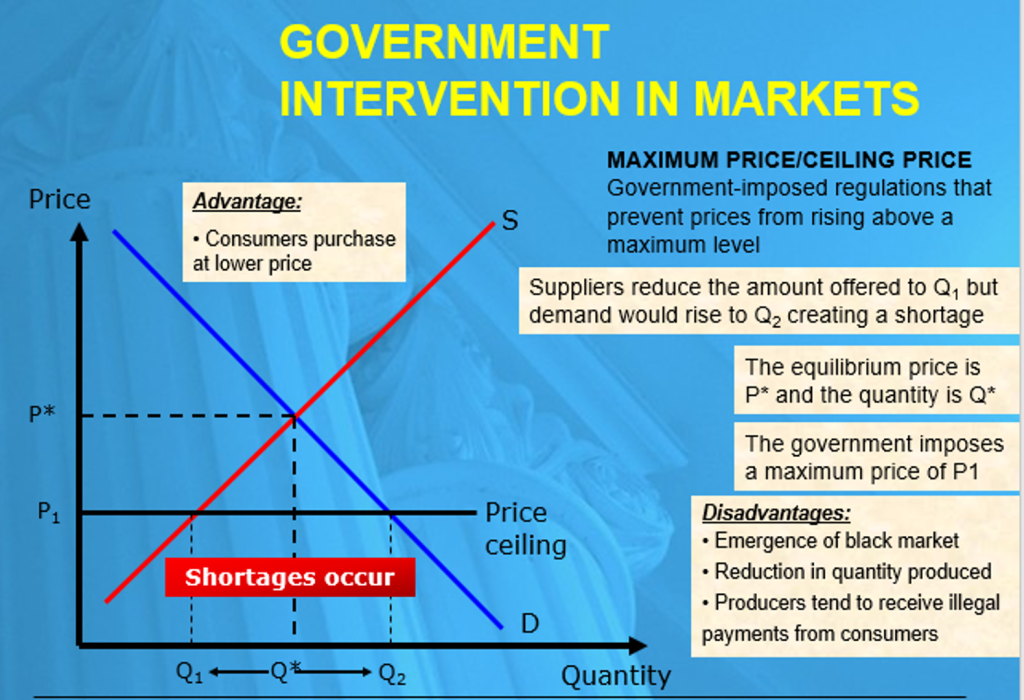As we reflect on the budgetary landscape in Malaysia, it is vital to consider the backdrop of the preceding year. The economic climate of 2023 has set the stage for the Budget 2024, which was presented in Dewan Rakyat on 13 October 2023 by Prime Minister Datuk Seri Anwar Ibrahim.
In this article, we will delve into the key aspects of this budget and explore its potential impact on Malaysia’s economic landscape.

Service Tax Hike: Balancing the Books
One of the most significant alterations within this budget is the rise of service tax from 6% to 8%. Notably, this tax will not apply to essential services such as food and beverages, telecommunication services, vehicle parking space services, and logistics services. This strategic move is expected to maintain price stability in the food sector, a crucial component, as food inflation has consistently played a substantial role in Malaysia’s overall inflation rate.
ESG Emphasis: Paving the Path to Sustainability
Budget 2024 underscores the importance of environmental, social, and governance (ESG) considerations. It integrates sustainability into economic policies and extends support to businesses in their ESG journey. This development is pivotal for sustainable economic growth and aims to attract ESG investors, especially from foreign markets.
Initiatives like the allocation of RM200 billion in financing funds by financial institutions to encourage industries to transition towards a low-carbon economy and an RM900 million loan fund earmarked for small and medium enterprises (SMEs) to enhance business productivity through automation and digitalisation are set to bolster investments in Malaysia’s economy, ultimately contributing to enhanced GDP in the years to come.
Freeing the Market: A Poultry Policy Shift
Another notable change is the removal of price controls for chicken and eggs, permitting the local market to operate freely and ensuring a consistent supply. This move is pivotal in resolving the ongoing shortage issues faced by Malaysia’s chicken and egg market. By increasing the supply side and encouraging more sellers to enter the market, this policy seeks to strike a balance between demand and supply.
However, it is essential to be mindful of the potential distortions that extended government intervention may introduce, including stifled competition due to price ceilings, which could result in a decline in the number of suppliers and even foster the emergence of unregulated black markets.
 Source: Market Price Ceiling, 2018
Source: Market Price Ceiling, 2018
The Outlook: Short-Term and Long-Term Effects
These three fundamental components of Budget 2024 are poised to exert influences, both immediate and enduring, on Malaysia’s economic growth trajectory. However, the intricate interdependence of Malaysia’s economic system with major global economies, notably China and the USA, underscores the significance of external factors.
The unfolding property crisis in China, expected to linger into the following year, introduces an added layer of complexity, potentially impacting Malaysia’s economic performance. This effect extends to metrics such as GDP and GDP per capita for the year 2024, underscoring the interconnectedness of the global economic landscape.

About the Author:
MUHAMMAD MUSLIM SAMSUDIN
Lecturer, Faculty of Business, Accountancy & Law, SEGi College Kota Damansara
Before joining the SEGi family, Muhammad Muslim had an illustrious career as a lecturer at several esteemed universities and colleges. With over six years of teaching experience in Economic and Finance-related courses, he has proven his dedication to education. Additionally, he serves as the advisor of the Crypto and Investment CLUB at SEGi University, demonstrating his keen interest in cutting-edge financial matters. Muhammad Muslim’s extensive knowledge shines particularly in the realm of IPOs in Malaysia, an area he continues to delve into as he pursues his PhD.

